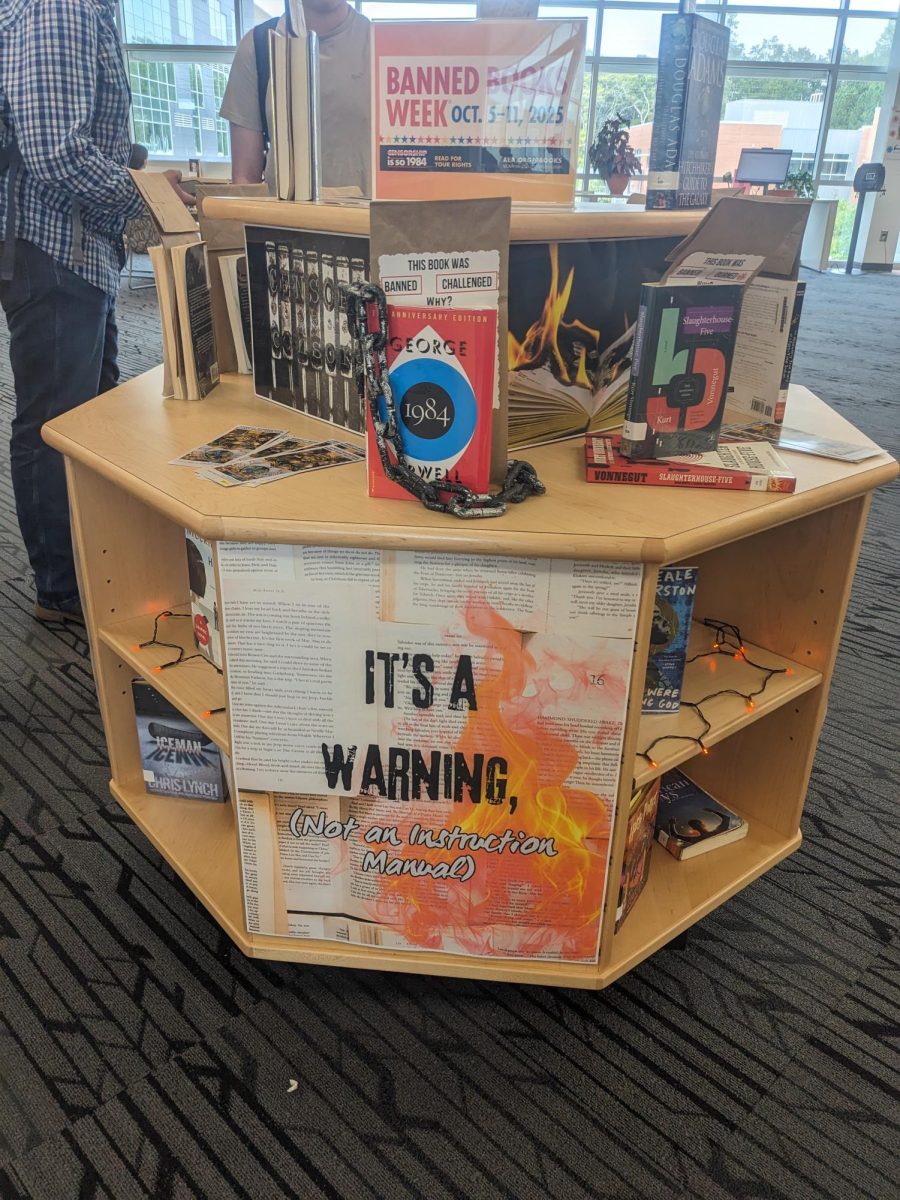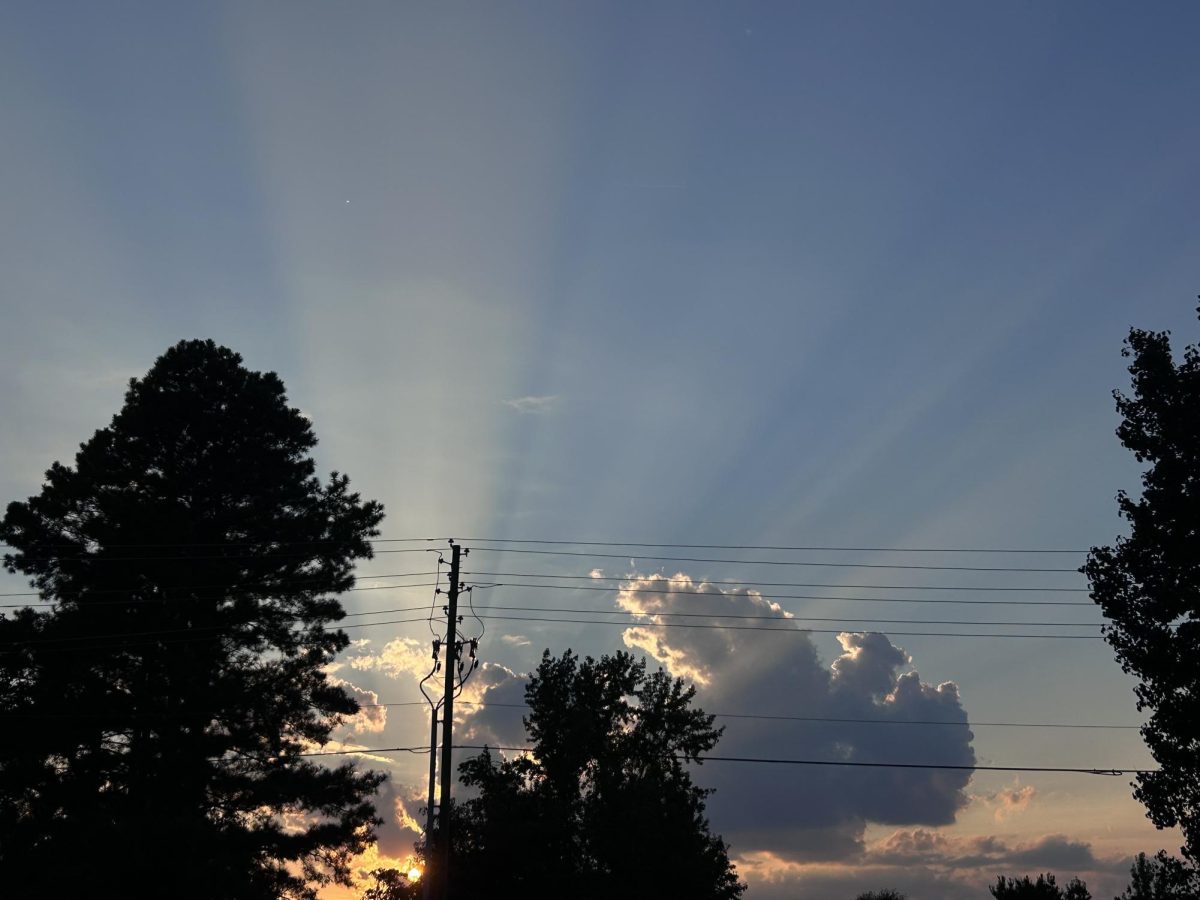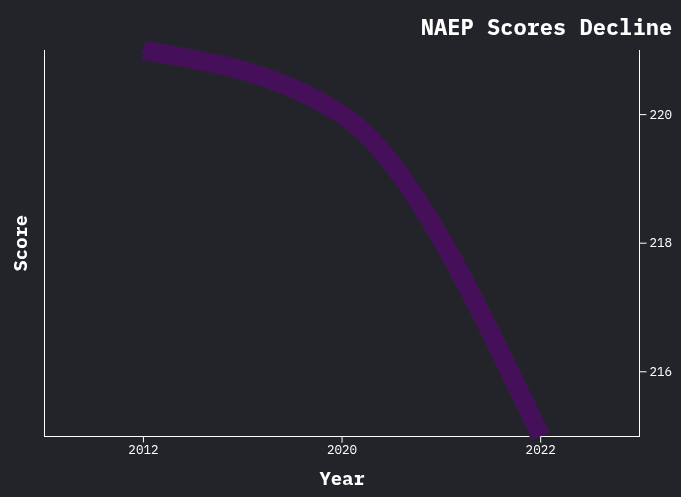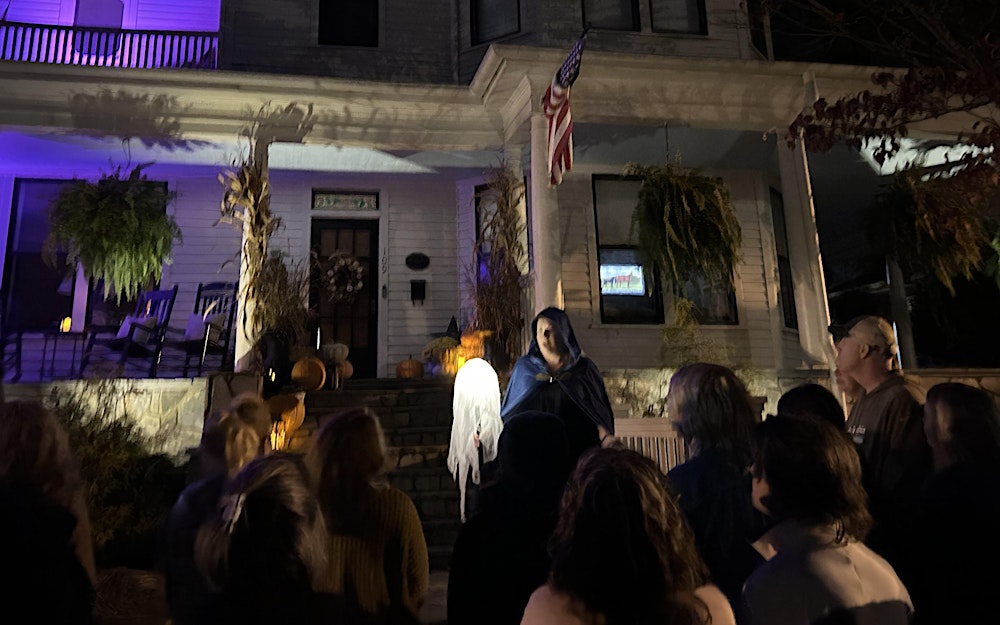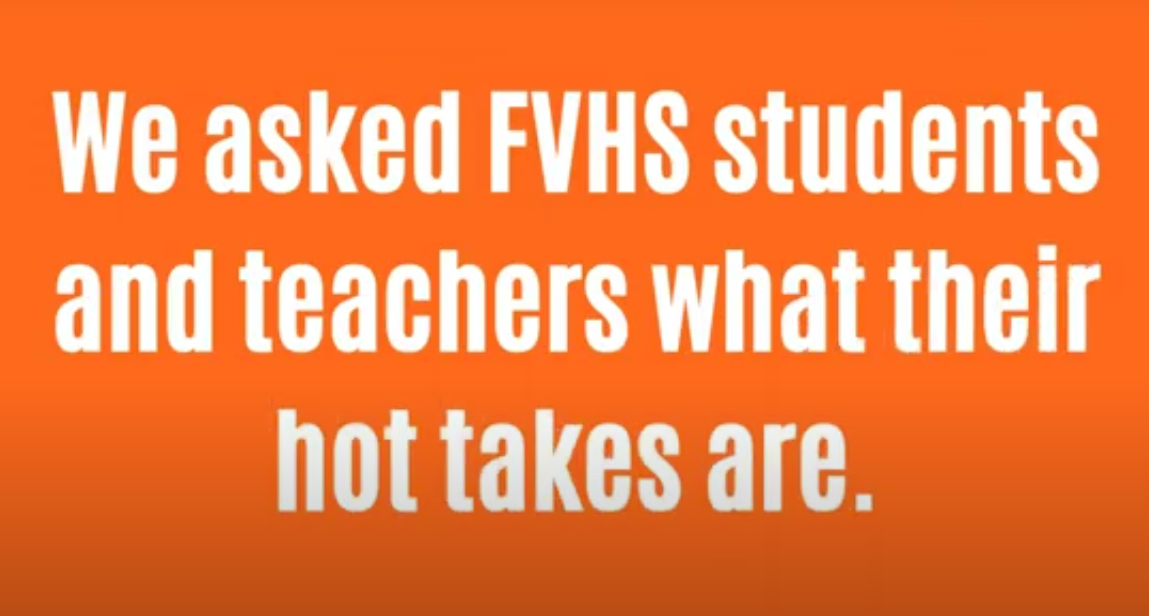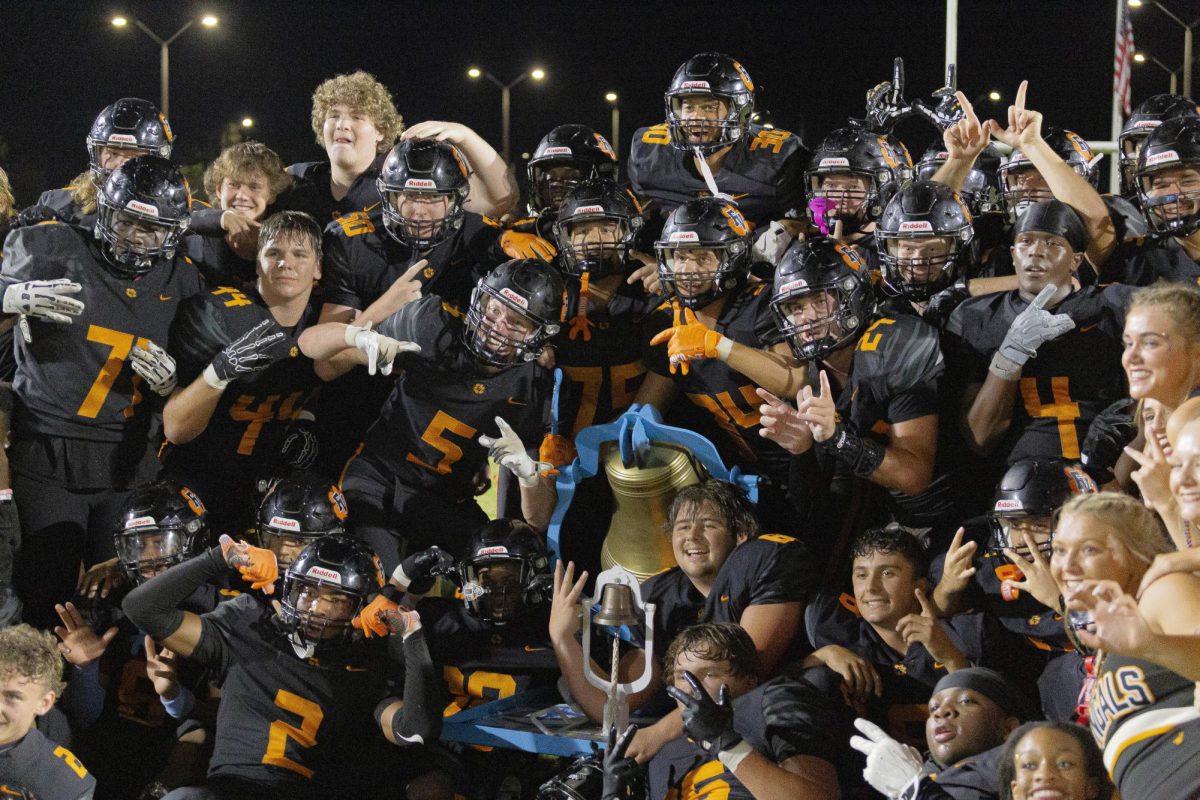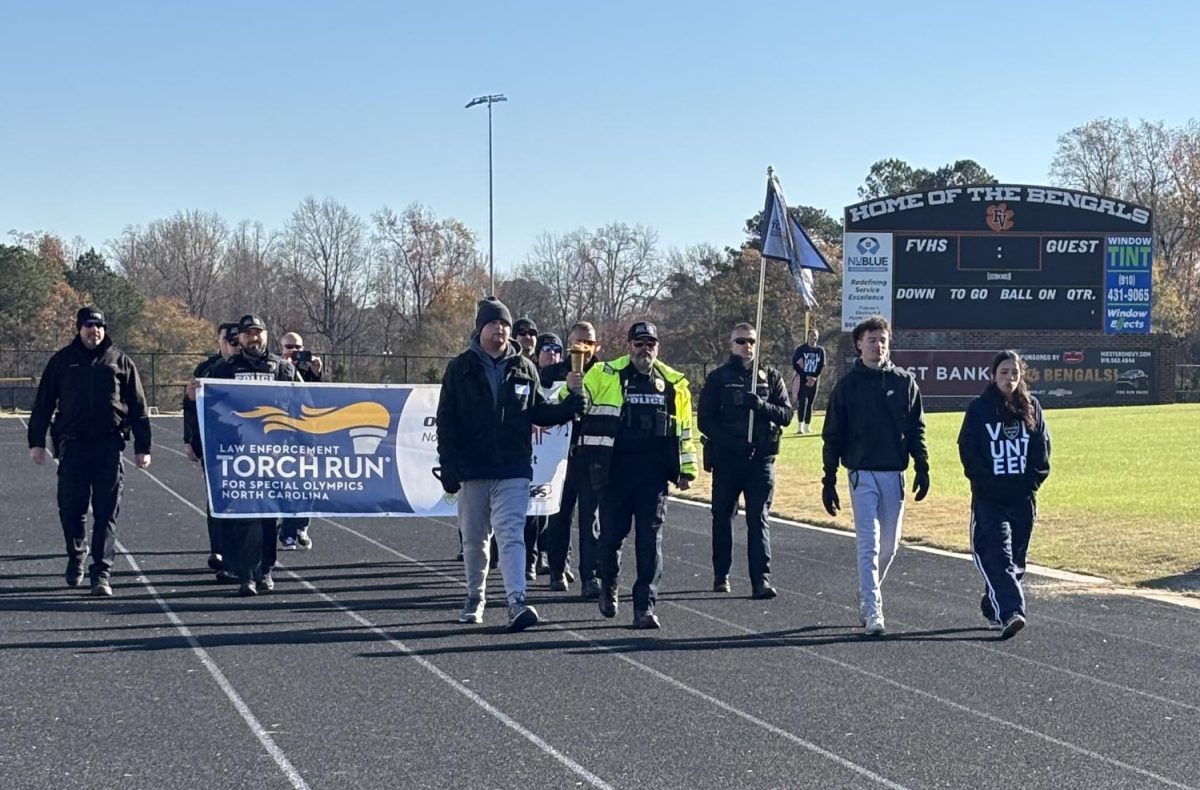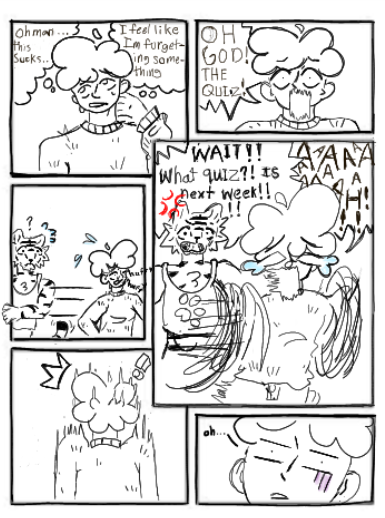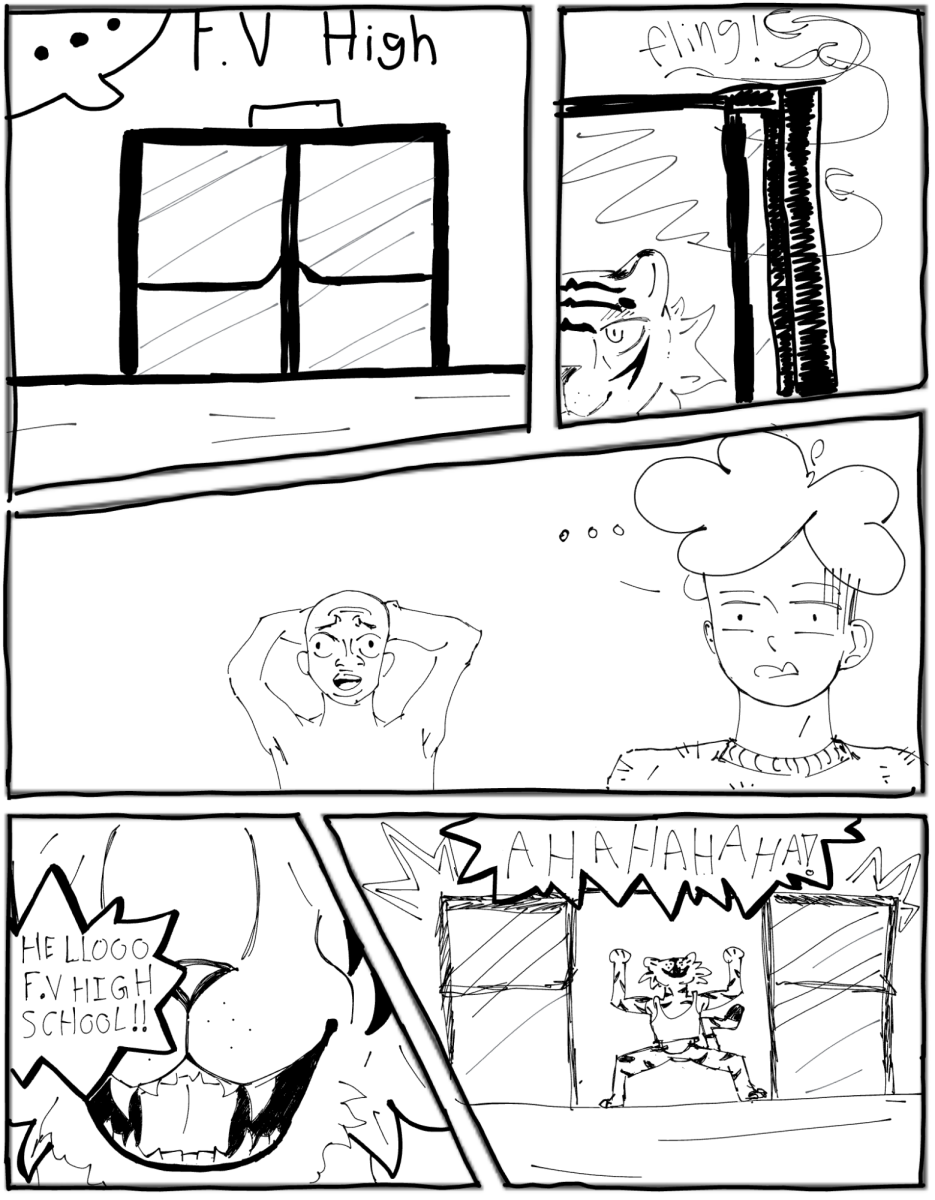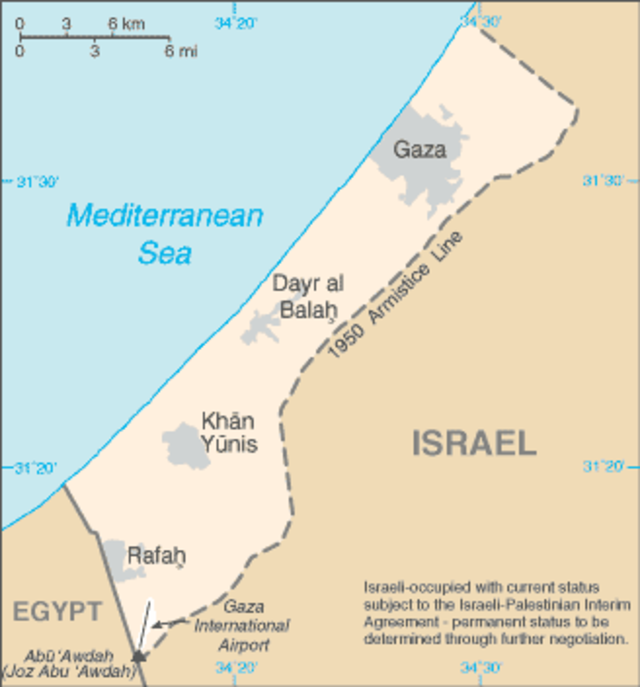A temporary ceasefire between Israel and Hamas began Nov. 24. The week-long pause on combat permitted humanitarian aid to enter Gaza and also allowed for hostage negotiations from both Israel and Hamas.
Eighty-one Israeli hostages were released by Hamas, while 240 Palestinian prisoners were released by the Israeli government. The remaining number of hostages and those who have died in captivity are unclear.
The Israel-Palestine conflict began Oct. 7, when Hamas attacked Israel. Thousands of rockets were fired into Israel causing 1,200 deaths. A majority of those were Israeli civilians. They also launched an unexpected attack during a music festival. At least 260 civilians were killed, 40 hostages taken, and dozens reported missing. There were over 3,600 people there, mostly young adults and families. This day is considered the bloodiest day in Jewish history. Hamas claimed this was a reaction to the constant Israeli occupation of the West Bank.
On Oct. 12, Israel announced that they would cut off supply to food, water, fuel, and electricity from the Gaza strip until the hostages were freed. On Nov. 2, Israel began their siege.
In total, this conflict has amassed a death count of more than 1,200 Israelis and 17,000 Palestinians. The numbers are still rising as the war continues. An additional 1.9 million people have been displaced.
Israel’s war tactics have been considered controversial. It has even received criticism from the United Nations, the diplomatic body that played the key role in the creation of the Israeli state in the first place.
UN Secretary General Antonio Guterres stated, “The Palestinian people have been subjected to 56 years of suffocating occupation” and that the attacks “did not happen in a vacuum.”
Israel has had decades-long support of the US through mostly weapons grants and other funding. Since 1950 more than 80 percent of Israel’s weapons funding has come from the US.
The conflict in Gaza has received an overwhelming amount of attention in the media. For many, it’s become increasingly difficult to filter out genuine information from biased or falsified media and propaganda. Often, news outlets don’t report the full picture of events and intentionally leave out specific details. Some also criticize the media for covering only the war in Gaza, while there are also conflicts happening in Sudan and Congo.
It is important to tread carefully while researching more about this conflict. Don’t believe everything you see on the internet, and make sure your sources are verified and not biased.
It has started to become a polarizing issue, which makes it harder for those outside of Gaza to find common ground on this subject. This in turn has caused a spike in both anti-semetic and Islamaphobic incidents in the US, which shows the scope of the effects of war.
In a press briefing held Nov. 24, President Biden said, “We need to renew our resolve to pursue this two-state solution where Israelis and Palestinians can one day live side by side in a two-state solution with equal measure of freedom and dignity. Two states for two peoples. And it’s more important now than ever.”



